Research Has Suggested That A Reward Deficiency Syndrome May Contribute To
Research has suggested that a reward deficiency syndrome may contribute to. Frontal lobes which portion of the cerebral cortex is most directly involved in. Research has suggested that a reward deficiency syndrome may contribute to. Alcohol and other drugs of abuse are commonly used by persons with schizophrenia and contribute to the overall morbidity of the disorder.
Research has suggested that a reward deficiency syndrome may contribute to A insomnia. Research with split-brain patients suggests that the _____ typically constructs the theories. B alcohol use disorder.
Question 10 1 out of 1 points Research has suggested that a reward deficiency from PSY 110 at Elizabethtown Community and Technical College. Brain scans indicate that well-practiced pianists have a larger-than-usual auditory cortex area that encodes piano sounds. Research has suggested that a reward deficiency syndrome may contribute to.
Research has suggested that a reward deficiency syndrome may contribute to insomnia. Research has suggested that a reward deficiency syndrome may contribute to____. RDS involves the interactions of powerful neurotransmitters and results in abnormal craving behavior.
Thus reward deficiency RD represents a within-system neuroadaptation to pain-induced protracted activation of the reward circuits that leads to depletion-like hypodopaminergia clinically manifested anhedonia and diminished motivation for natural reinforcers. Early research regarding Reward Deficiency Syndrome discovered a link between carrying a certain allele the A1 and alcoholism. Several studies have used the term reward deficiency syndrome to describe a genetic dysfunction of the DA-D2 receptor leading to substance-seeking food drugs behavior in humans 113115.
With regard to the neurocognitive substrates of food choice the brains reward circuit and its key neurotransmitters dopamine and opioids have been linked to compulsive eating via either general hypo-activation ie. Research has suggested that a reward deficiency syndrome may contribute to substance use disorders Brain scans indicate that well-practiced pianists have a larger-than-usual auditory cortex area that encodes piano sounds. Standard or typical antipsychotic drugs do not limit such substance use and may even render it more likely.
Our laboratory has published on the concept known as Reward Deficiency Syndrome RDS which is a genetic and epigenetic phenomena leading to impairment of the brain reward circuitry resulting in a hypo-dopaminergic function. In turn you.
Standard or typical antipsychotic drugs do not limit such substance use and may even render it more likely.
B alcohol use disorder. Research has suggested that a reward deficiency syndrome may contribute to insomnia. How research contribute to various progress. The best way to contribute to the progress of your country is by being a good citizen. The findings provide more. RDS involves the interactions of powerful neurotransmitters and results in abnormal craving behavior. Reward deficiency or specific hyper-activation in response to particular energy-dense foods ie. Several studies have used the term reward deficiency syndrome to describe a genetic dysfunction of the DA-D2 receptor leading to substance-seeking food drugs behavior in humans 113115. Research has suggested that a reward deficiency syndrome may contribute to substance use disorders Brain scans indicate that well-practiced pianists have a larger-than-usual auditory cortex area that encodes piano sounds.
Early research regarding Reward Deficiency Syndrome discovered a link between carrying a certain allele the A1 and alcoholism. Frontal lobes which portion of the cerebral cortex is most directly involved in. Asked by Wiki User. Research has suggested that a reward deficiency syndrome may contribute to insomnia. Be the first to answer. Alcohol and other drugs of abuse are commonly used by persons with schizophrenia and contribute to the overall morbidity of the disorder. The findings provide more.
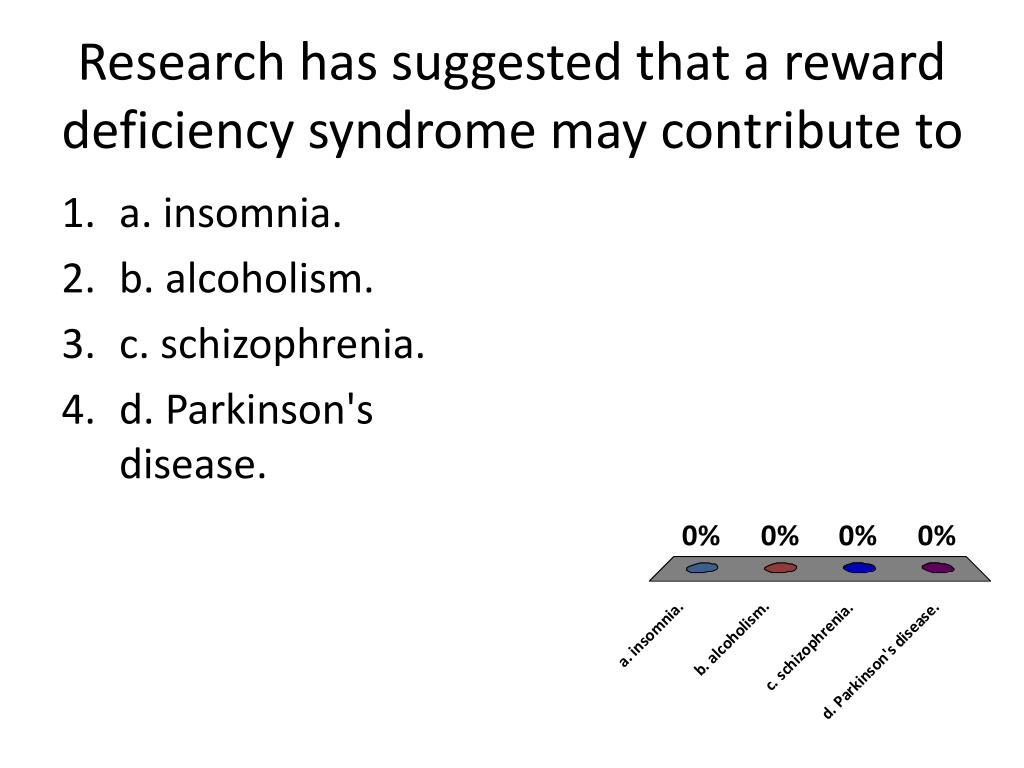






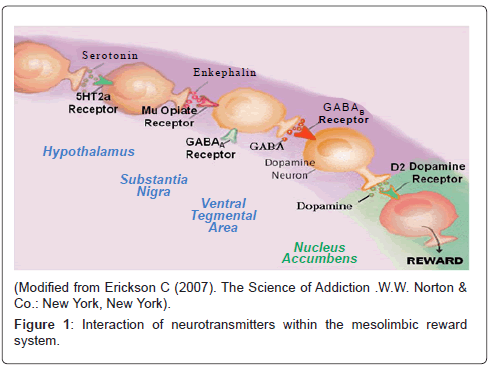


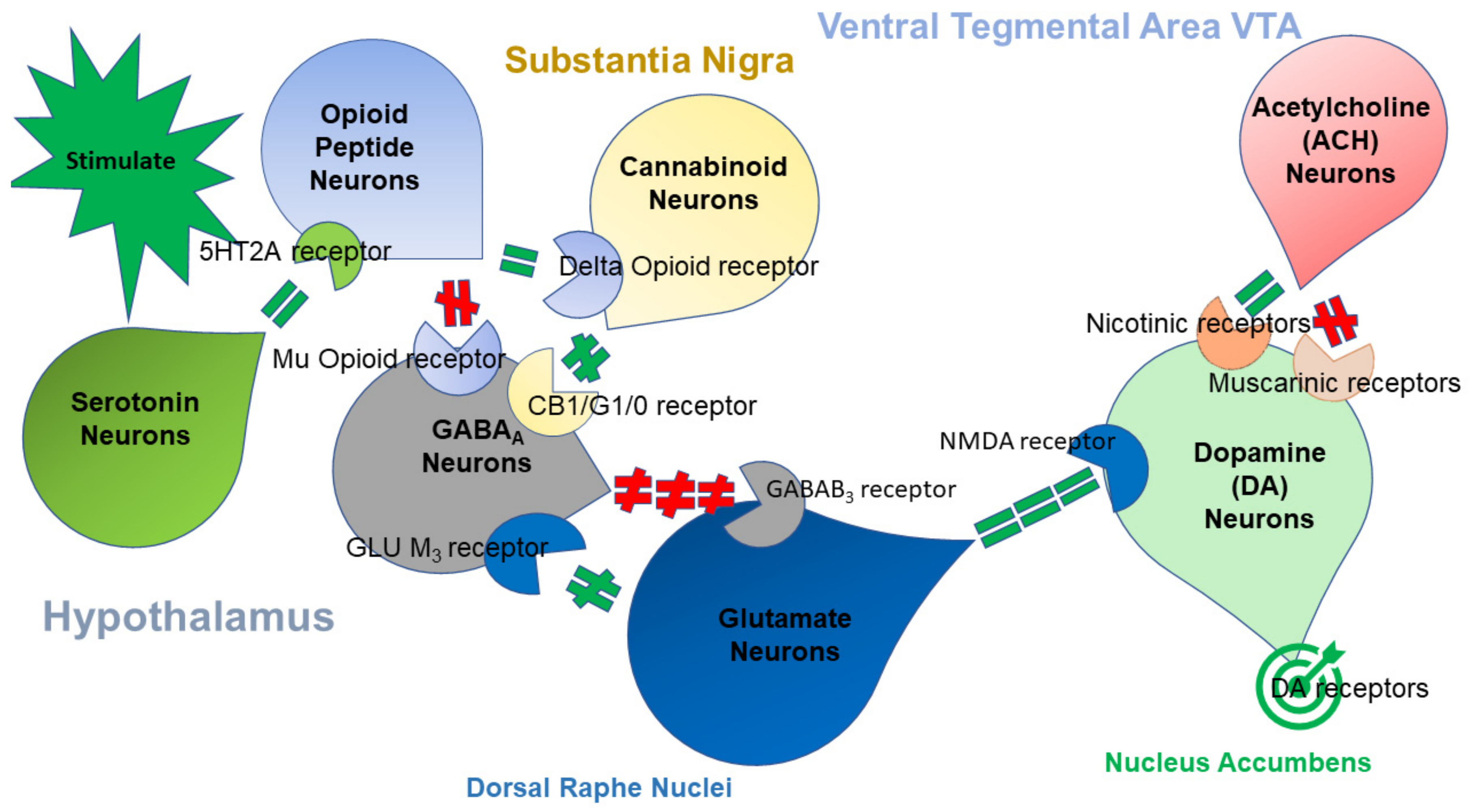

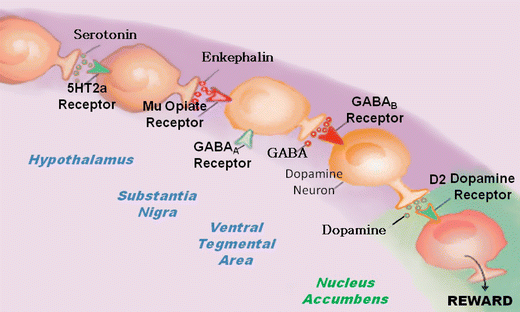


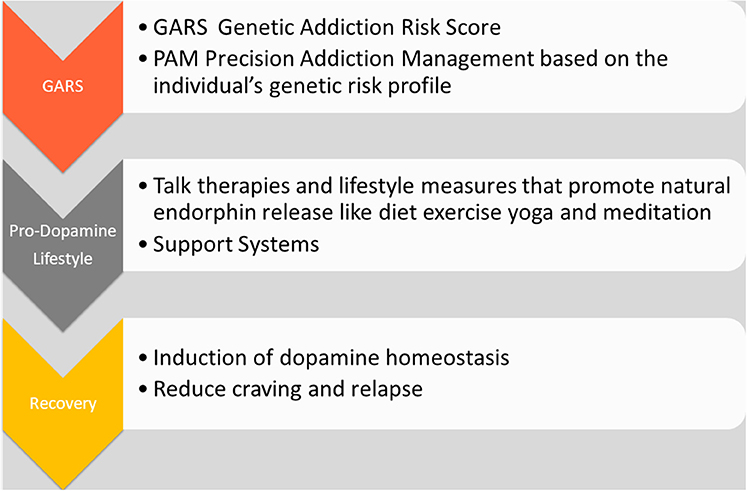




/the-chemistry-of-depression-1065137_final_logo-d18c69cd1a814e36bace2244ac3a0f2a.png)
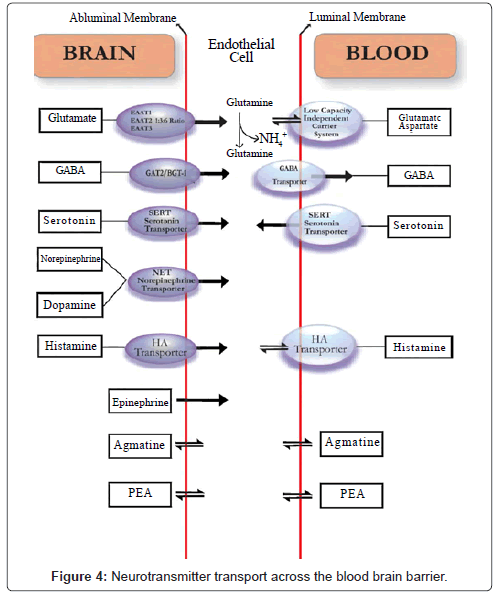


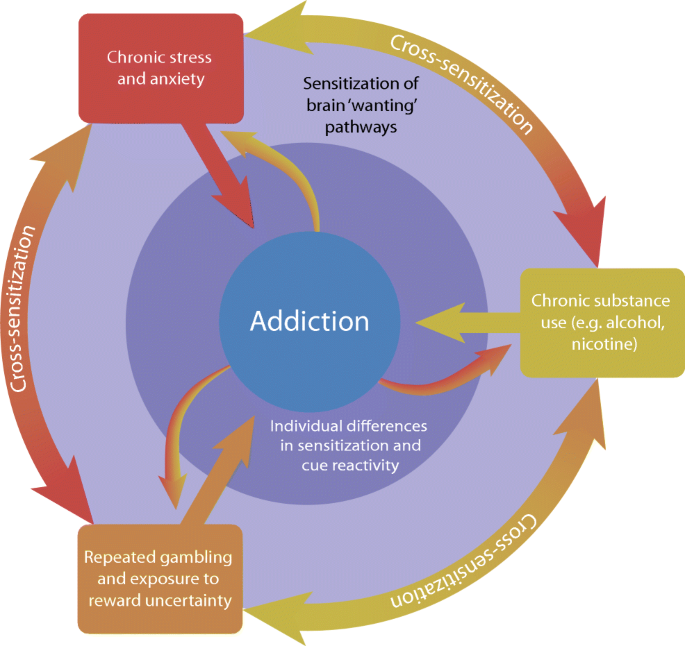

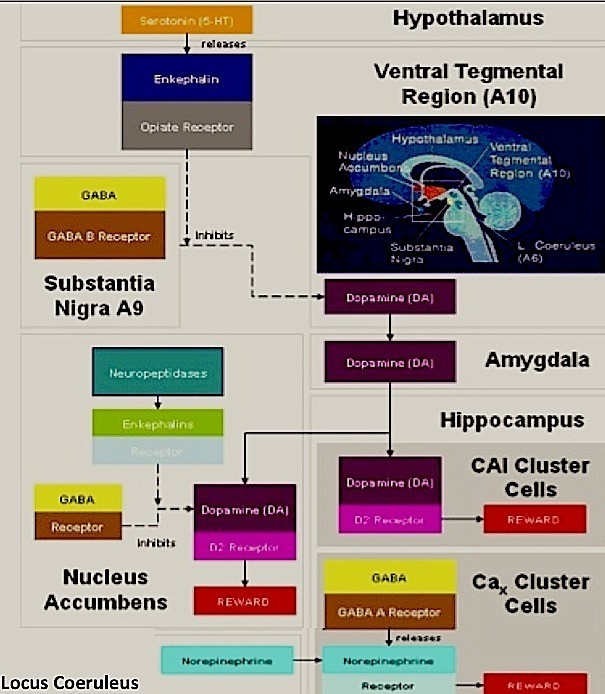

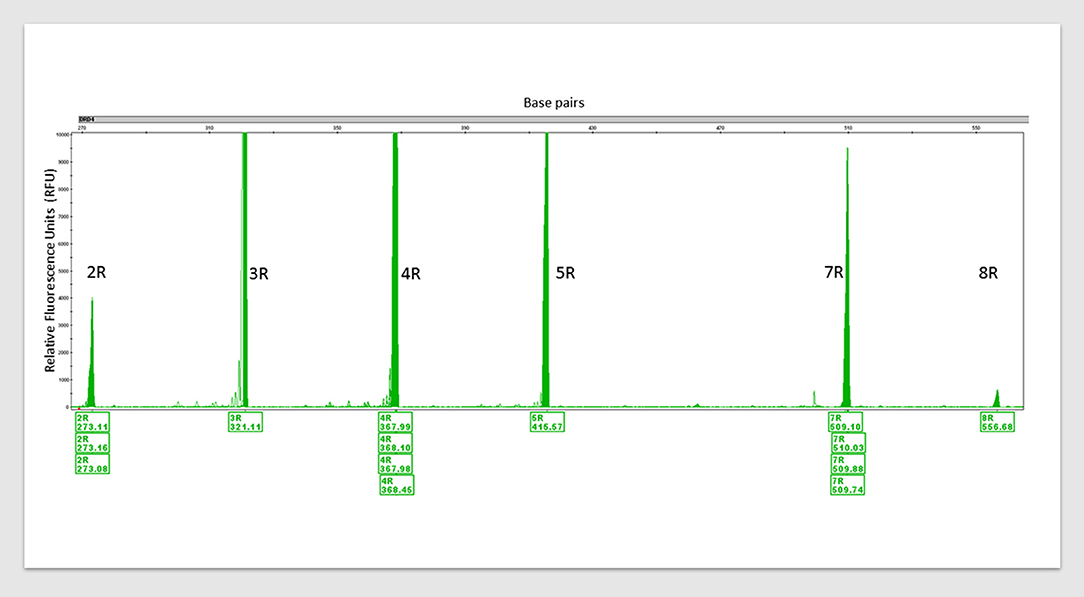
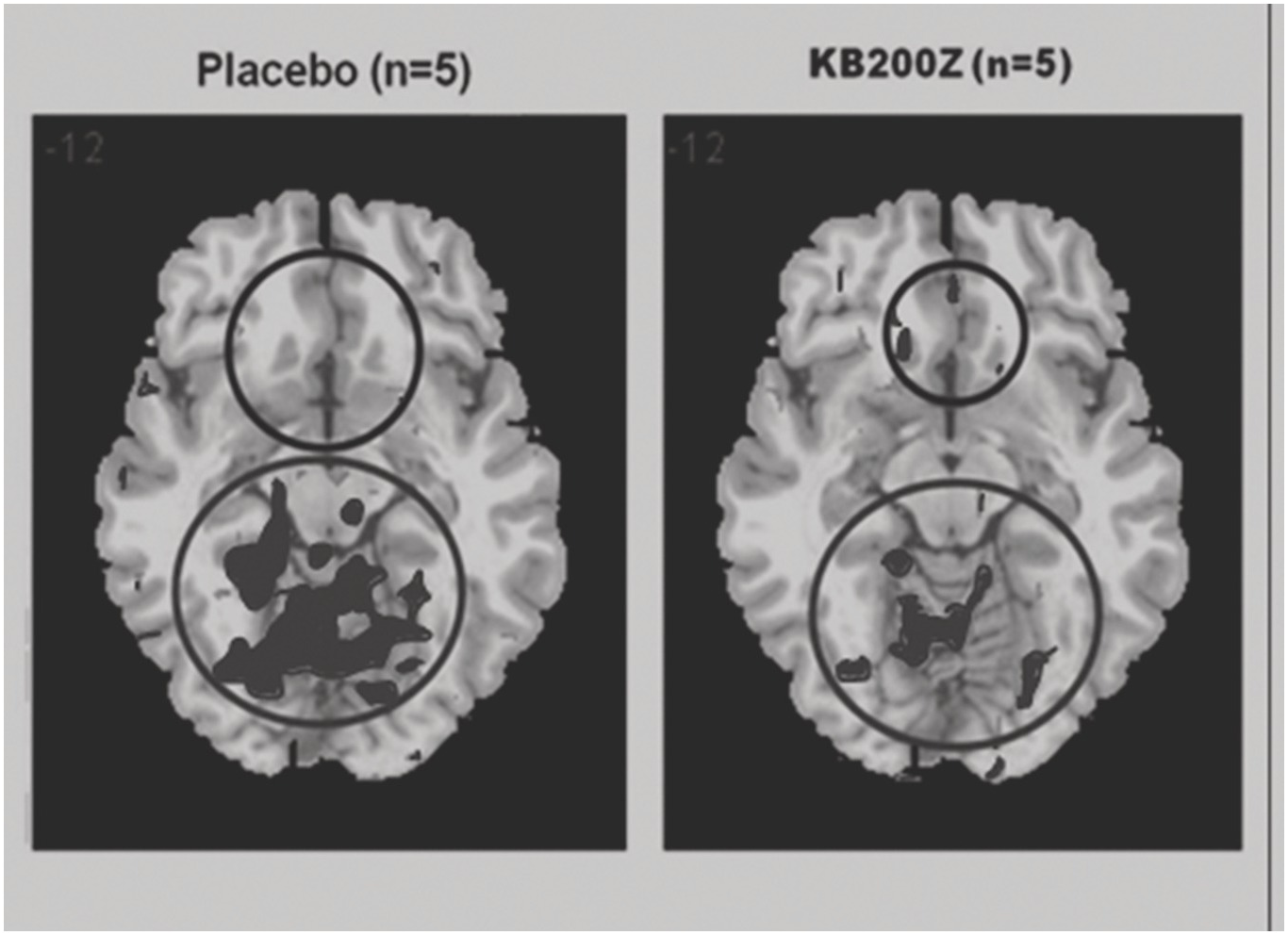


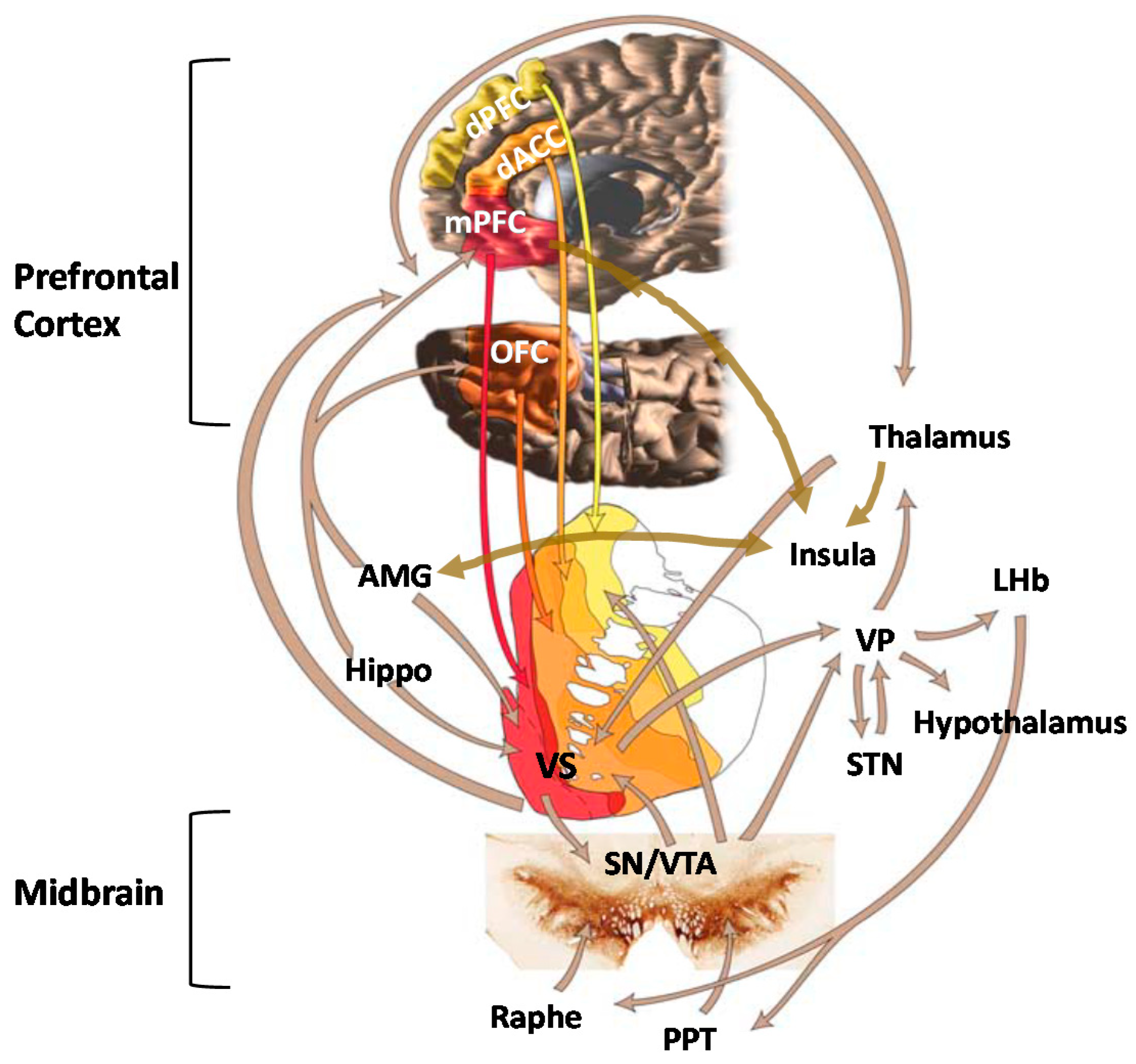



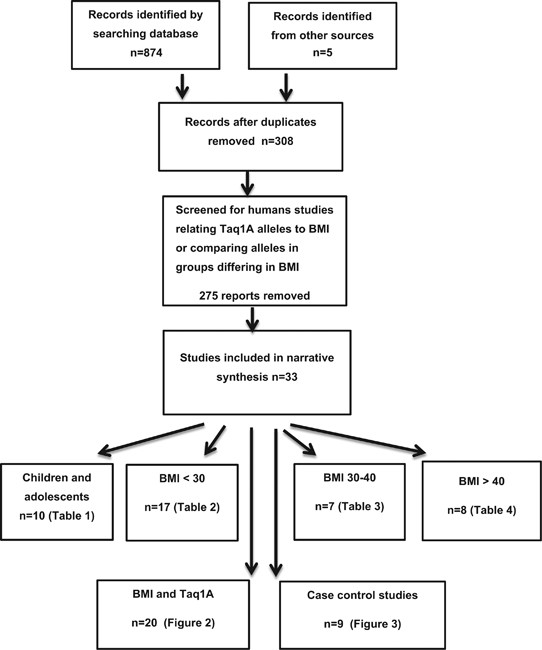





Post a Comment for "Research Has Suggested That A Reward Deficiency Syndrome May Contribute To"